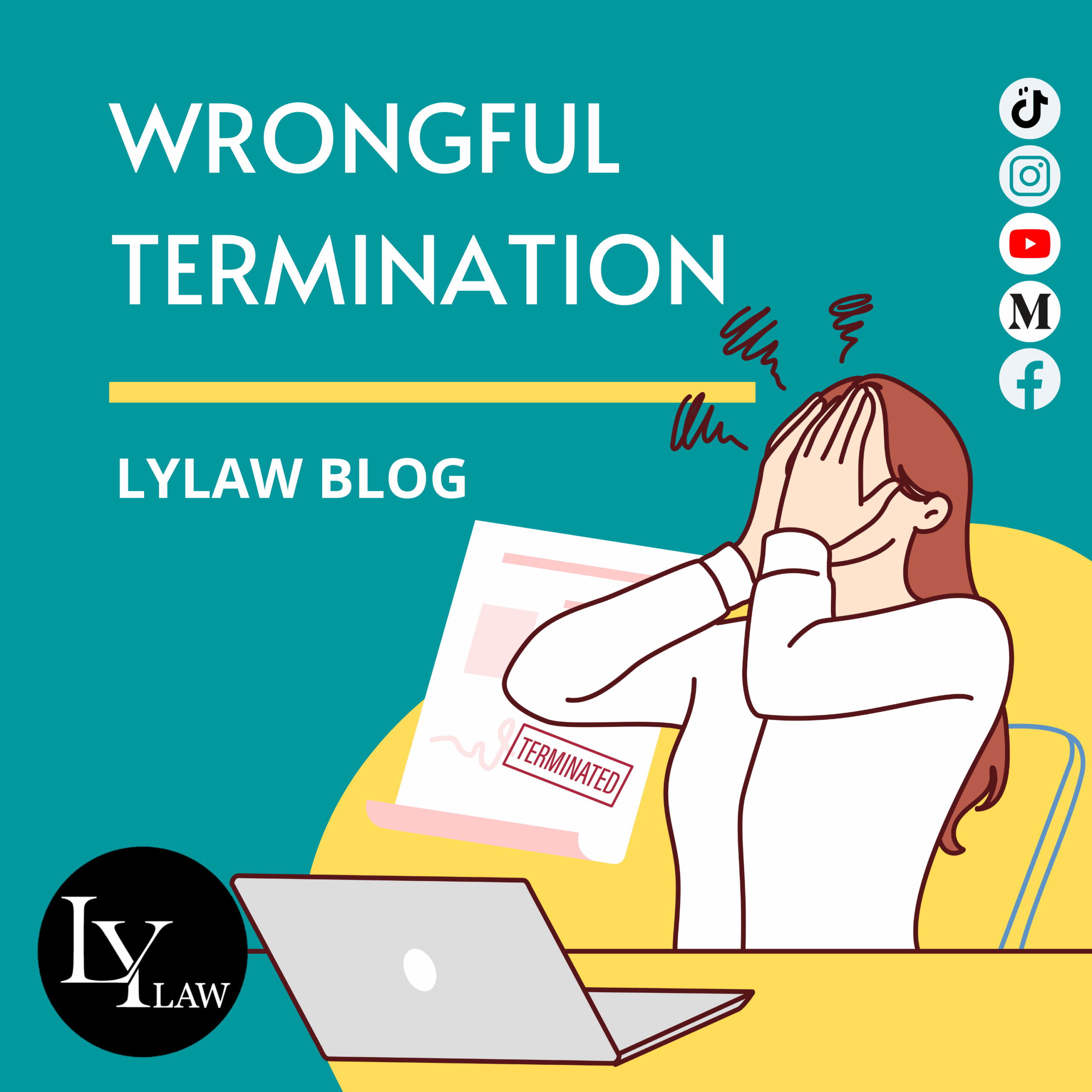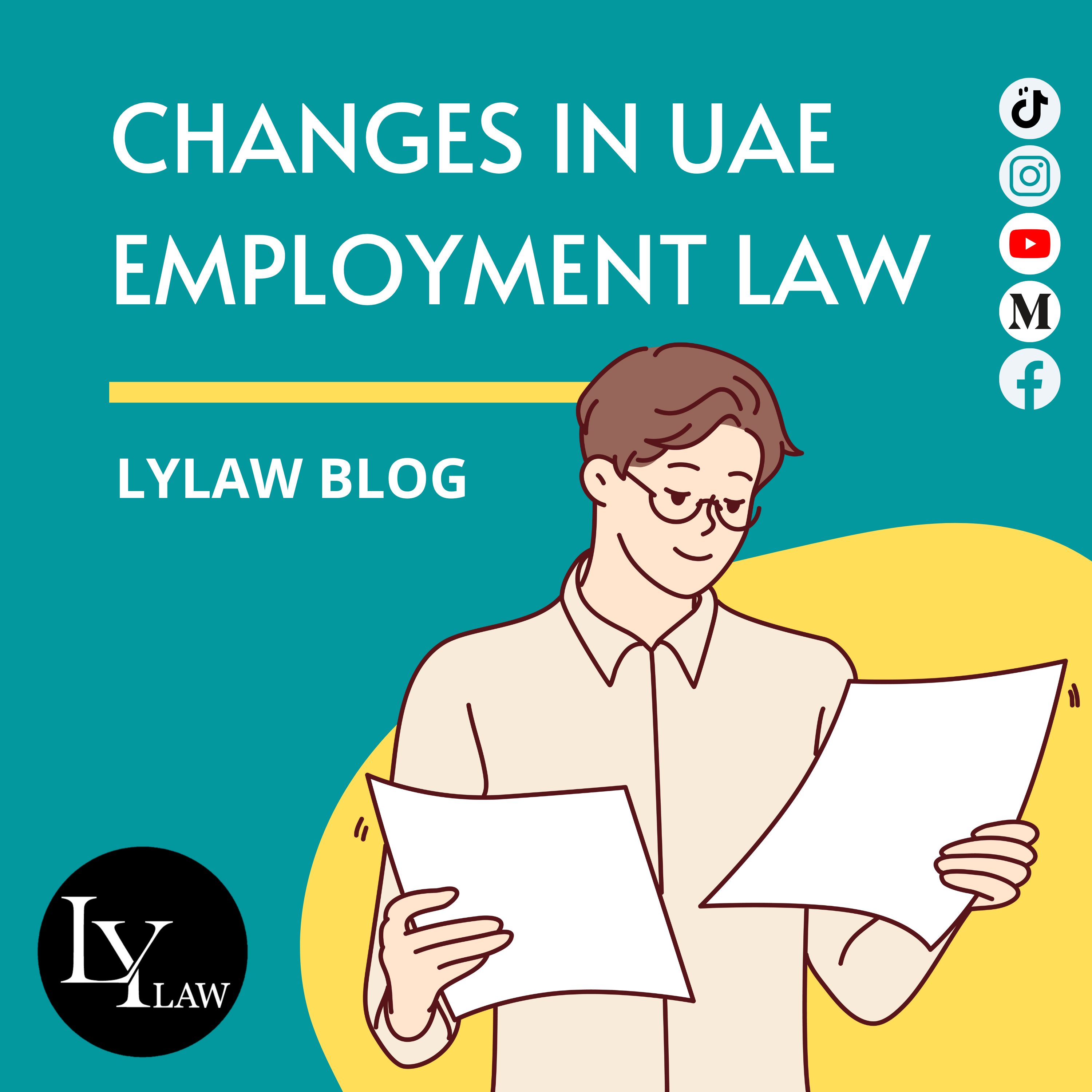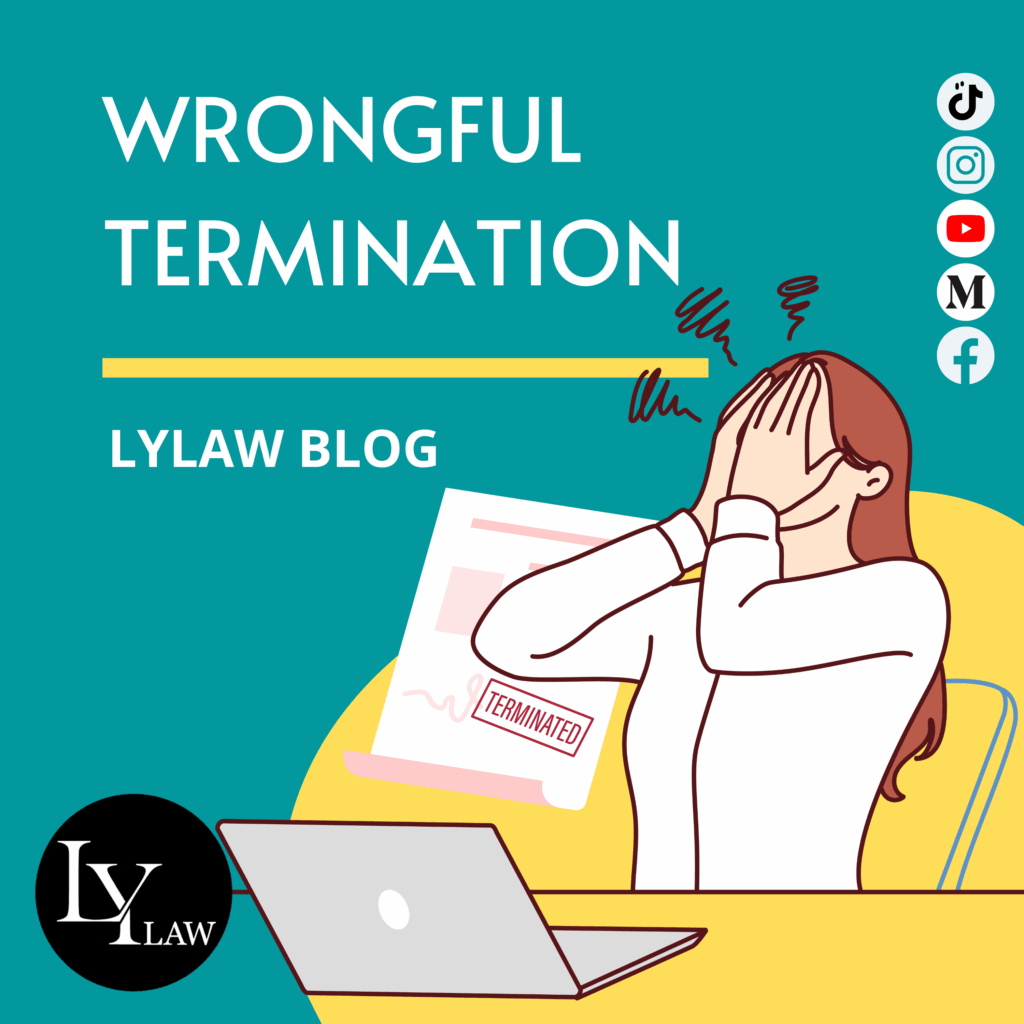In the UAE, the concept of “wrongful termination,” as it is known in some other jurisdictions, no longer exists as a standalone legal claim. While the term still echoes in common workplace conversations, UAE law today does not recognize the idea of “punishing” an employer for firing an employee without justification—or vice versa.
Instead, termination and resignation are legally treated as equal and permissible ways to end employment. And most importantly: neither is considered wrongful or penalized by the law. In that sense, UAE employment law now reflects the principle of “employment at will.”
Employment at Will: The UAE Model
Under the UAE’s current Employment Law—Federal Decree-Law No. 33 of 2021—either party to the employment relationship is free to end it, at any time, for any reason. This freedom applies to both employers and employees.
- Employers can terminate an employee with or without cause.
- Employees can resign at any time, with or without justification.
There is no legal requirement to explain, justify, or defend the reason for termination or resignation.
The only requirement? Pay what is due.
This legal structure aligns the UAE more closely with jurisdictions like the United States, where employment at will is the default. That said, the UAE still provides stronger protections than the US, particularly in the form of mandatory notice periods and end-of-service benefits.
Termination Without Cause: Not Illegal, But Compensable
The UAE law does not prohibit employers from terminating an employee without cause. Instead, the focus is entirely on compensation. When employment ends—no matter the reason—employees are entitled to specific financial payments.
This includes:
- Minimum one-month notice period (unless the employment contract stipulates a longer period)
- Unpaid salary, commissions, or bonuses
- Accrued but unused annual leave
- End-of-service gratuity (EOS)
- 21 days of basic salary for each year of service (up to 5 years)
- 30 days of basic salary for each year of service beyond 5 years
- One-way repatriation ticket, if applicable
There is no automatic additional compensation just because the employee was dismissed abruptly or without stated cause.
Retaliatory Dismissals: The One Exception
There is a narrow exception under Article 47 of the UAE Employment Law: if an employee is terminated for filing a serious complaint or legal claim against the employer, and the dismissal is determined to be retaliatory, the employee may be entitled to additional remedies.
This is the only instance where the UAE law considers the motive behind the termination—and provides potential recourse beyond statutory dues.
How Things Used to Be: Penalties Under the Old Law
Prior to the 2021 amendment, UAE employment law did penalize both parties under certain conditions:
- Employers could be liable for arbitrary dismissal, requiring up to three months’ salary as compensation for terminating without cause.
- Employees could be penalized for early resignation, especially during a fixed-term contract:
- Reduced or lost end-of-service benefits
- Compensation to the employer, equal to 1.5 times their monthly salary
Additionally, employees terminated for cause could lose their end-of-service gratuity altogether.
All of these punitive elements have been removed under the new law.
Equal Footing: The Modern Approach
The 2021 reform created a more balanced system:
- No penalty for employers who terminate—as long as compensation is paid.
- No penalty for employees who resign—as long as notice is given.
It’s a clean break approach. Employment ends when one party says so. The only question is what compensation is owed. Nothing more. Nothing less.
A Word on International Comparisons
Unlike in many European jurisdictions, UAE employers do not need to justify terminations to government authorities. There are no tribunals requiring approval or reinstatement. There is also no legal grace period during which the employee continues to receive full salary until the termination is finalized.
By contrast, in many European countries, employers must:
- Provide cause for termination;
- Follow strict procedures;
- In some cases, wait for labor court approval.
In the UAE, such red tape does not exist.
Know Your Rights and Responsibilities
- The UAE operates on a form of employment at will.
- Both parties can end employment at any time, for any reason.
- There is no legal punishment for doing so.
- The only consequence is compensation, and this is clearly defined by law.
- The previous penalties for early resignation or arbitrary dismissal no longer apply.
- The law now places both sides on equal footing.
Understanding this framework is essential for both employers and employees. Whether you are negotiating a contract, planning your career, or preparing for a separation, knowing the rules empowers you to make informed choices, legally and strategically.











